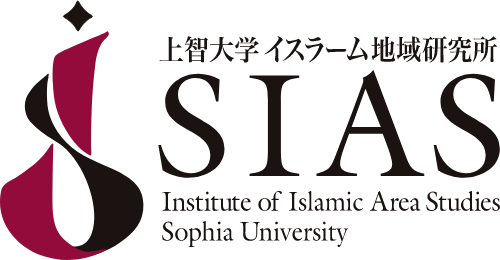上智大学イスラーム地域研究所、東京大学中東地域研究センター共催
Kurdish Vernacular Literature in the Persianate Cosmopolitan: A Case Study in Early Modern Islamic Cultural History
2024年2月16日(金)
上智大学イスラーム地域研究所は、アムステルダム大学哲学科のMichael LEEZENBERG先生をお招きし、東京大学中東地域研究センターとの共催で以下の講演会を開催いたします。
先生は広く哲学・思想をご専門とされておりますが、クルド研究の分野でも多岐にわたる(言語、文学、思想、宗教、政治など)業績を上げていらっしゃいます。今回は、「ペルシア語圏コスモポリタンにおけるクルド語俗語文学: 近世イスラーム文化史における事例研究」と題して、オスマン帝国支配下のクルド地域において、3つのコスモポリタン的諸言語(アラビア語、ペルシア語、オスマン・トルコ語)との関わりの中で、18世紀頃からクルド語での文学作品が勃興したことの文化史的な意味について論じていただきます。
Michael LEEZENBERG (University of Amsterdam)
Kurdish Vernacular Literature in the Persianate Cosmopolitan: A Case Study in Early Modern Islamic Cultural History
山口昭彦(上智大学) yamaguci@sophia.ac.jp
In recent years, the notion of a ‘Persianate cosmopolitan,’ characterized by the literate and literary use of Modern Persian, has gained traction in cultural histories of the early modern world. The notion was inspired, of course, by Sheldon Pollock’s justly famous comparative study of the Latin and Sanskrit cosmopolitan orders and the development of vernacular languages out of them.
The study of the Persianate cosmopolitan, however, has mostly focused on Central and South Asia; further West, the Ottoman empire, though arguably part of the Persianate world, knew a much more complex linguistic constellation, which complicates the ‘cosmopolitan narrative’ both empirically and theoretically. The empire’s Islamic elites had not one but three cosmopolitan languages (Arabic, Persian, and Ottoman Turkish); and non-Muslim population groups had cosmopolitan languages of their own, like, most importantly, Koine Greek, Old Church Slavonic and the Jewish ‘Sacred Language.’
In this presentation, I will trace the early modern rise of a vernacular Kurdish literature against this complex cosmopolitan background. Descriptively, I will focus on two Kurdish-language poems: Ehmedê Xanî’s Mem û Zîn, the Kurdish national epic, inspired by Nizami’s Layli o Majnun, and Feqiyê Teyran’s Shêx Sen’an, modeled after Attar’s Mantiq ut-tayr. Theoretically, I will reanalyze the vernacularization of Kurdish in terms of resistance against what Pierre Bourdieu has called ‘literary domination.’ This concept, although developed for modern (and Western European) societies, may be further developed for, and fruitfully applied to, premodern and non-European settings. As such, a notion of ‘premodern literary domination’ has considerable explanatory value in the study of cosmopolitan linguistic and literary orders more generally.





